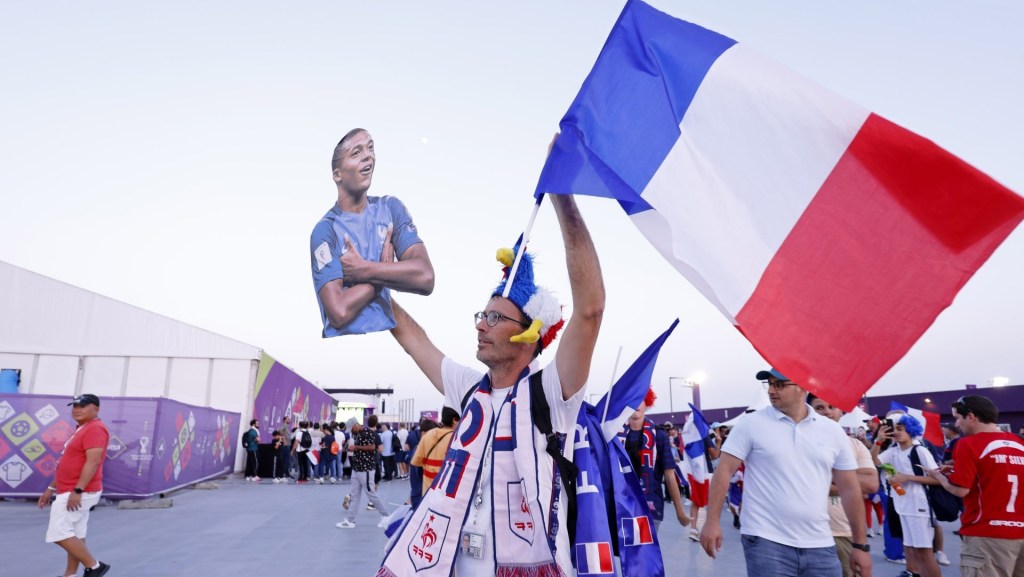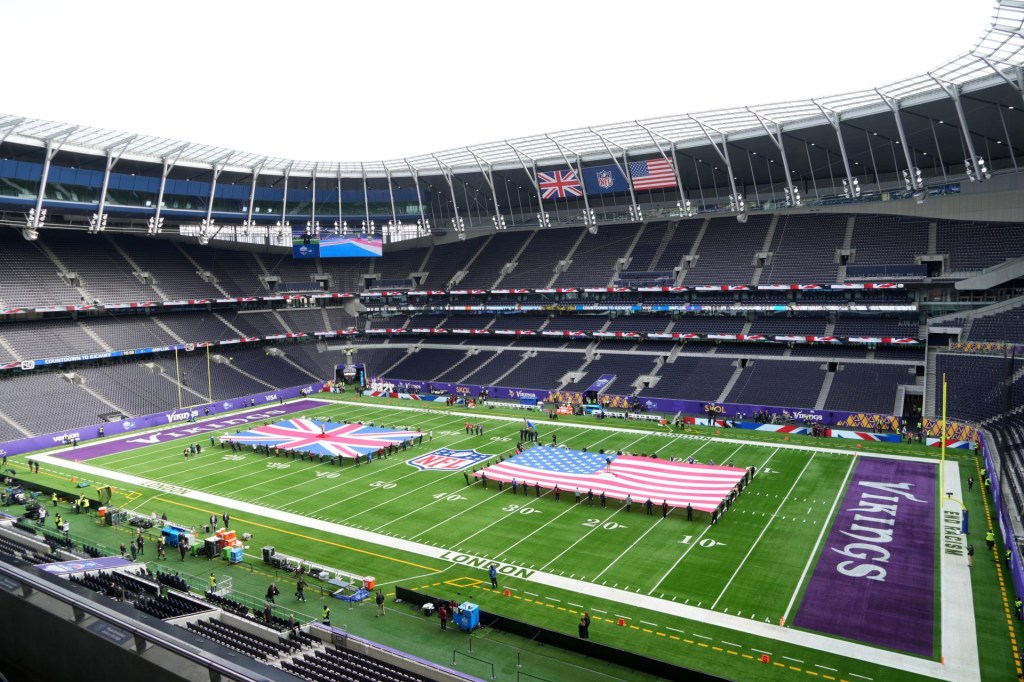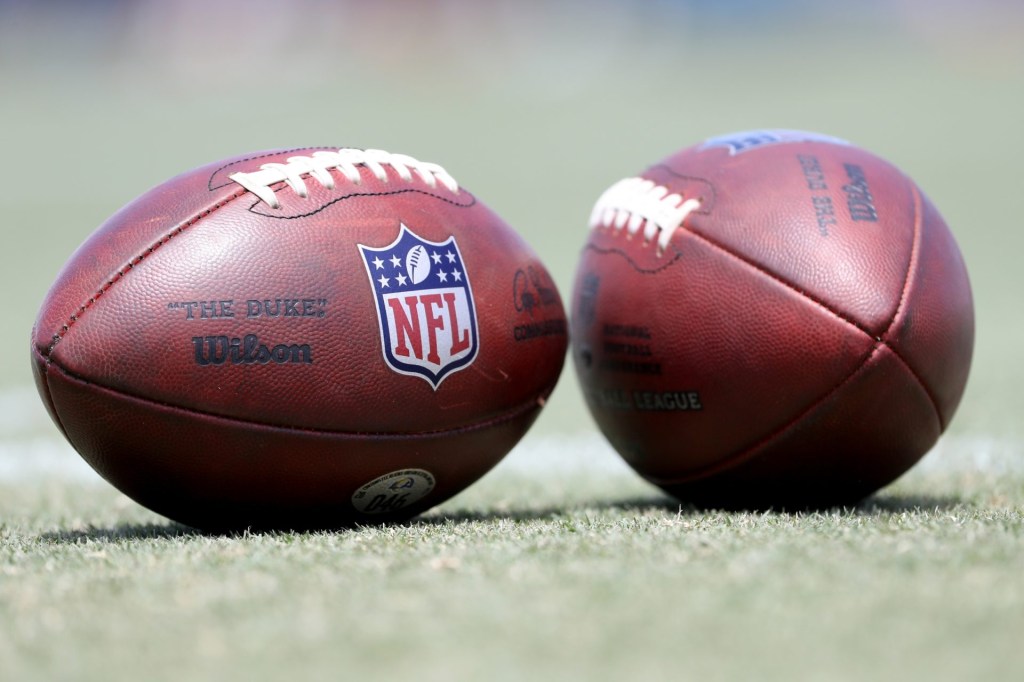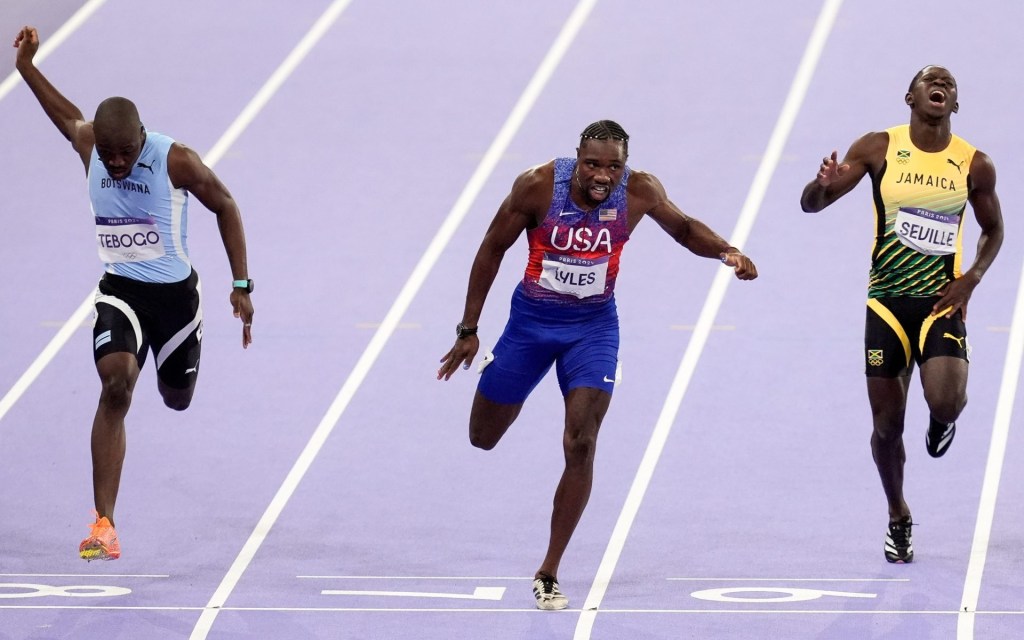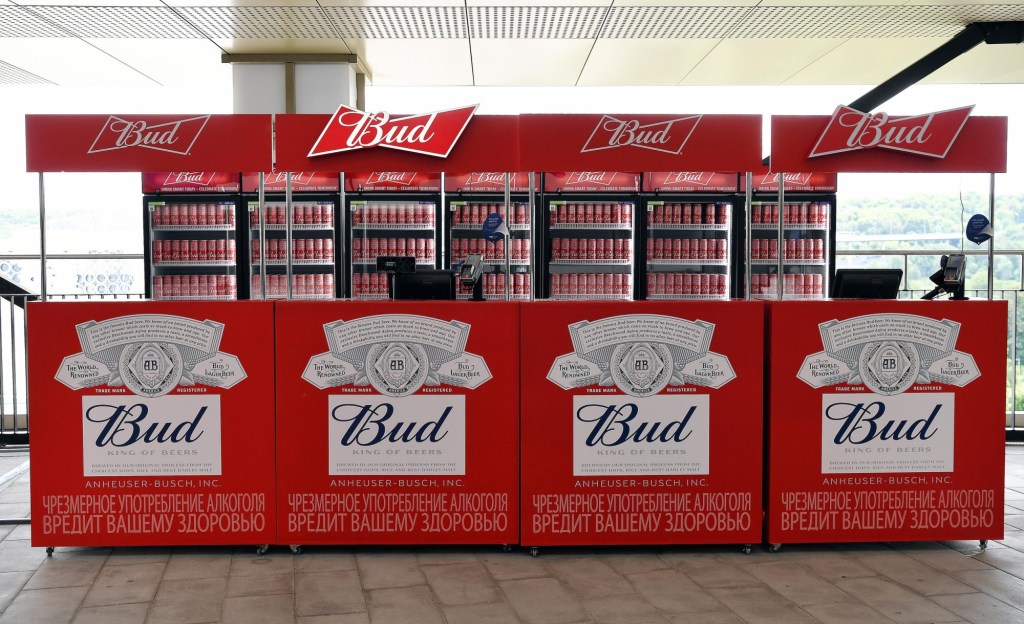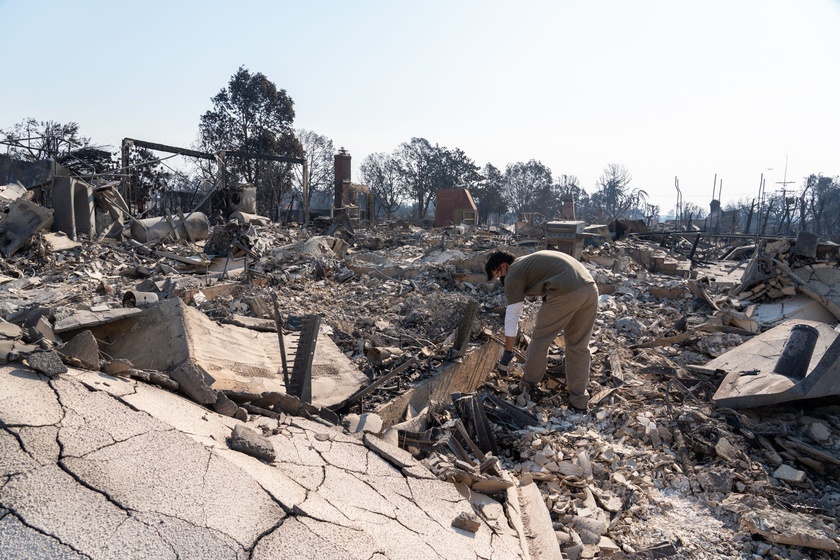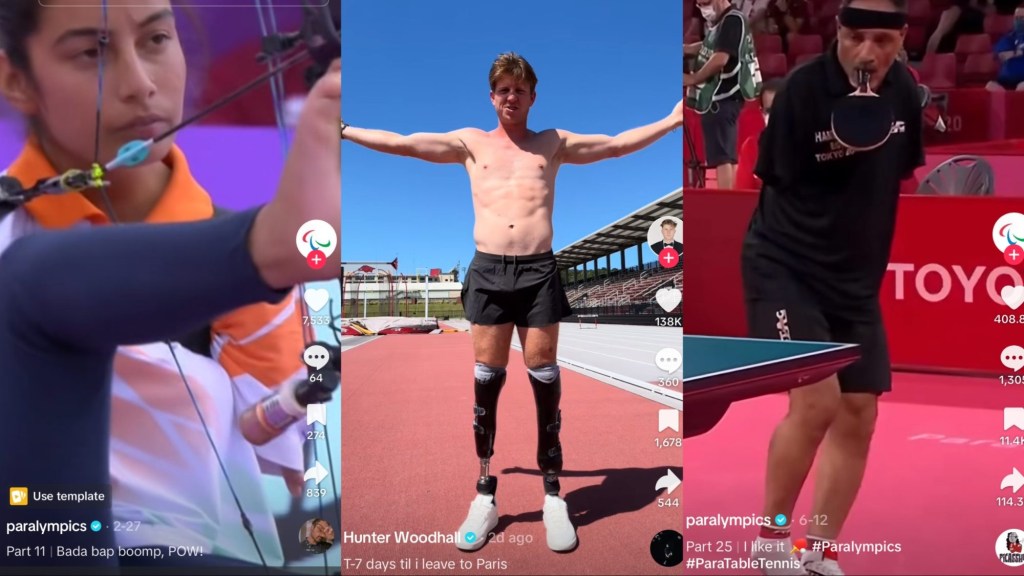Even in an Olympics hosting decision thought to be entirely without drama, there were still complications.
The International Olympic Committee selected Salt Lake City early Wednesday to host the 2034 Winter Olympics, confirming a decision that has been many months in the making, and one without any rival bid. The selection also amplifies Utah’s status as a fast-rising sports market, one recently burnished by the intense fan reaction to the NHL’s Utah Hockey Club and a deal to remake the Delta Center and the area around it. Salt Lake City last hosted the Olympics in 2002, and it has since boosted its regional sports facilities in an effort to become a more permanent part of the host city rotation for the Games.
But the IOC amended its host contract with the Salt Lake City bid committee to mandate that the “supreme authority” of the World Anti-Doping Agency is upheld, and that the IOC has the ability to “terminate” the 2034 hosting award if that requirement isn’t met.
The clause was added just minutes before an 83–6 vote by the IOC to confirm the 2034 award to Salt Lake City.
Inside Politics
The doping debate stems from several interrelated issues. The U.S. Anti-Doping Agency has been highly critical of a prior case involving 23 Chinese swimmers who tested positive for a banned heart medication before the 2021 Tokyo Games. WADA accepted Chinese explanations that the test results were affected by contaminated food. Thirteen of the athletes went on to compete in Tokyo and won multiple medals, including three golds, and some are set to return for the Paris Olympics.
But U.S. officials are still investigating the matter, and they have the further weight of the Rodchenkov Anti-Doping Act, a law passed in 2021 that permits the FBI and other federal agencies to prosecute international doping conspiracies and gives those authorities wide jurisdiction over enforcement.
The awarding of the 2034 Olympics to Salt Lake City, thus, involves bid officials and local organizers pledging to lobby Congress and the White House to shut down the federal probe.
Means to an End
Utah officials acknowledged and accepted the altered terms of their hosting award.
“We agree that if the United States does not support or violates the World Anti-Doping [Agency’s] rules, that they can withdraw the Games from us and from the United States,” Gov. Spencer Cox said. “That was the only way that we could guarantee that we would get the Games.”
But that stance, and more specifically the pressure from the IOC, has prompted further vitriol from USADA.
“It is shocking to see the IOC itself stooping to threats in an apparent effort to silence those seeking answers to what are now known as facts,” said USADA CEO Travis Tygart in a statement. “It seems more apparent than ever that WADA violated the rules and needs accountability and reform to truly be the global watchdog that clean athletes need. Today’s demonstration further showed that as it stands today, WADA is just a sport lapdog.”
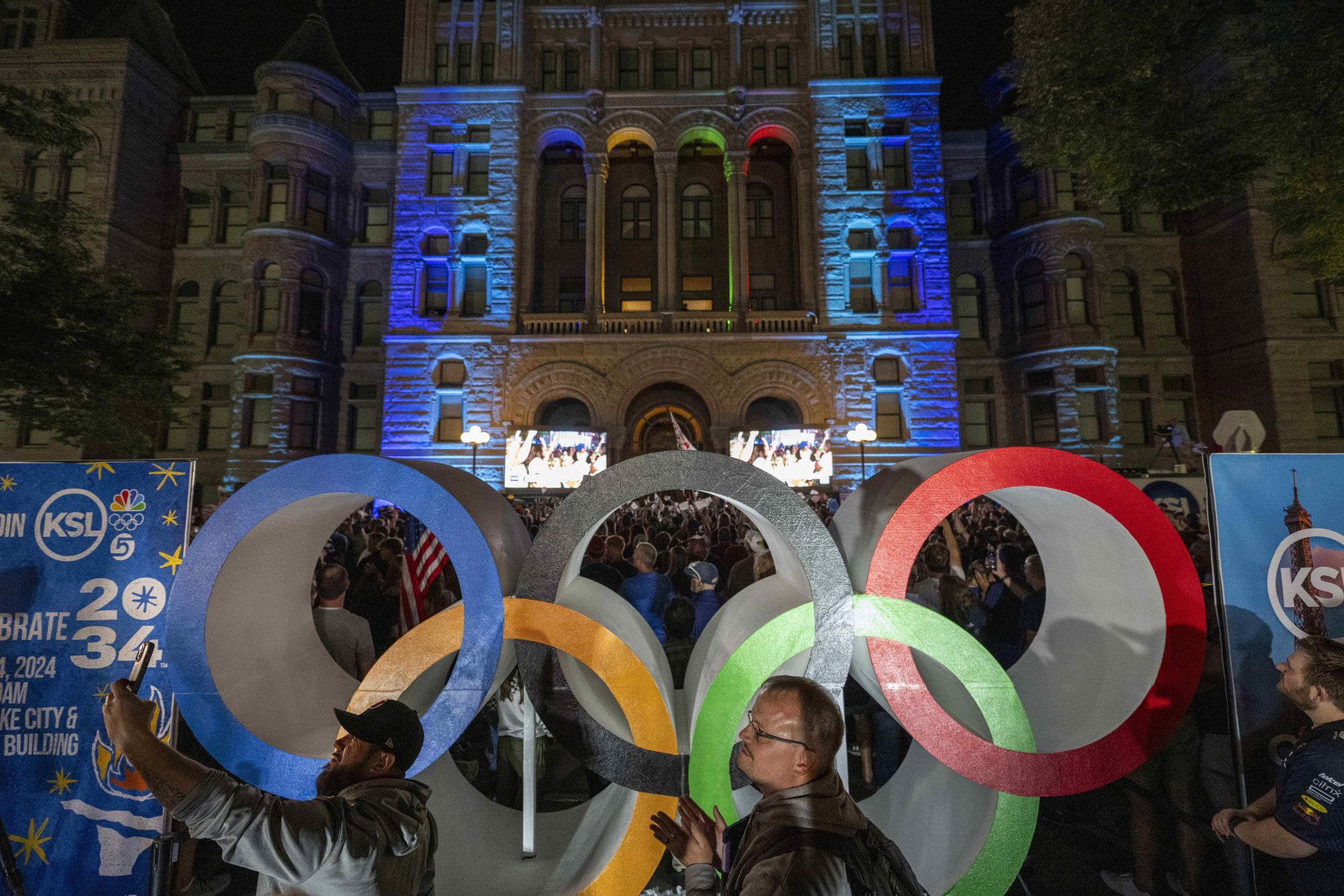

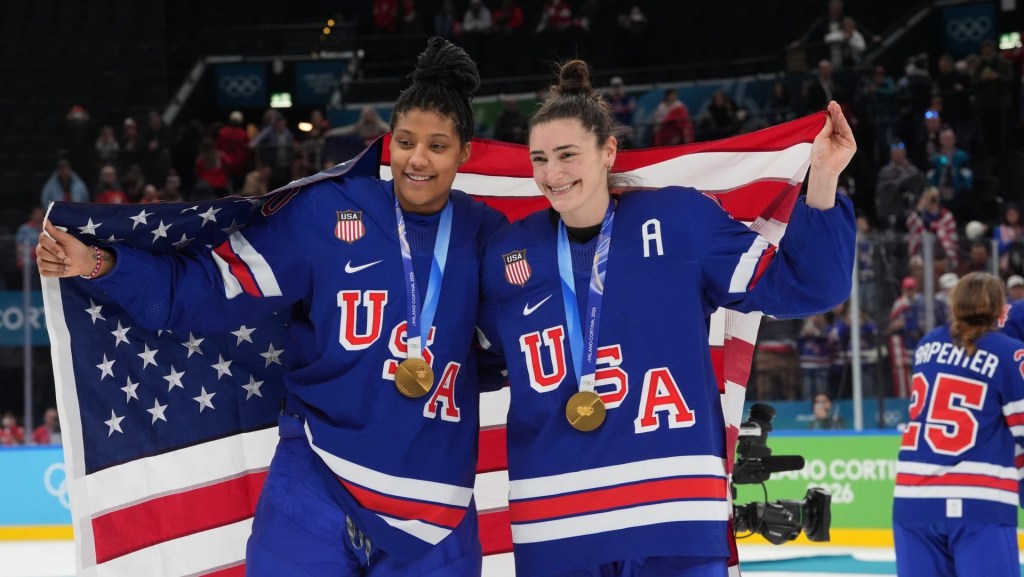
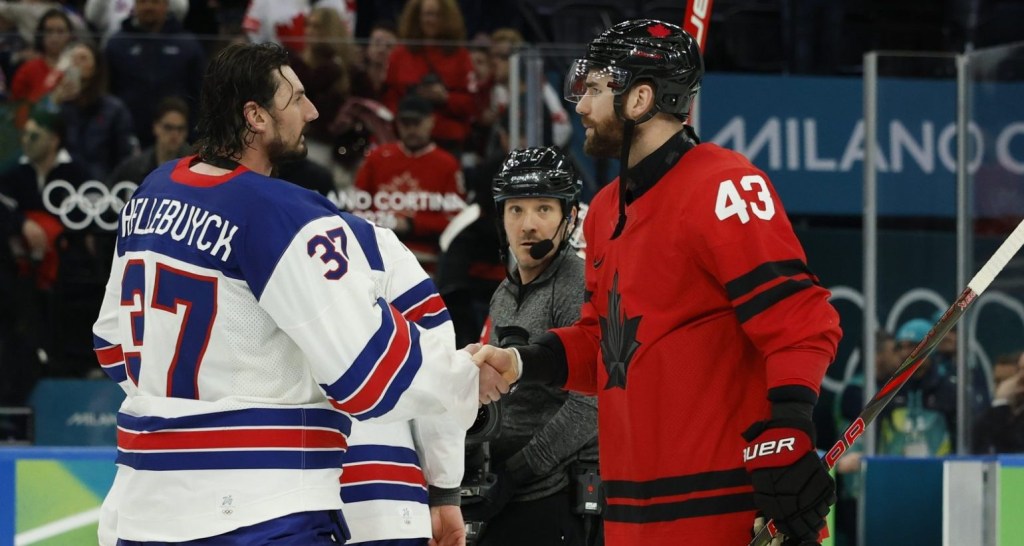
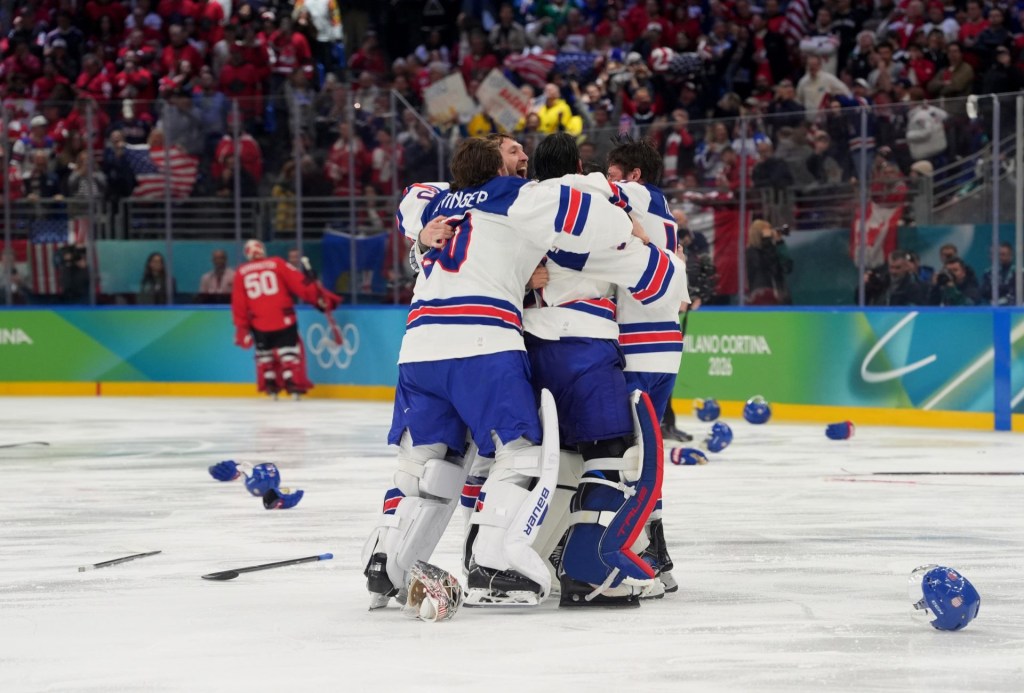


![[Subscription Customers Only] Jun 15, 2025; Seattle, Washington, USA; Botafogo owner John Textor inside the stadium before the match during a group stage match of the 2025 FIFA Club World Cup at Lumen Field.](https://frontofficesports.com/wp-content/uploads/2026/02/USATSI_26465842_168416386_lowres-scaled.jpg?quality=100&w=1024)
![[Subscription Customers Only] Jul 13, 2025; East Rutherford, New Jersey, USA; Chelsea FC midfielder Cole Palmer (10) celebrates winning the final of the 2025 FIFA Club World Cup at MetLife Stadium](https://frontofficesports.com/wp-content/uploads/2026/02/USATSI_26636703-scaled-e1770932227605.jpg?quality=100&w=1024)
